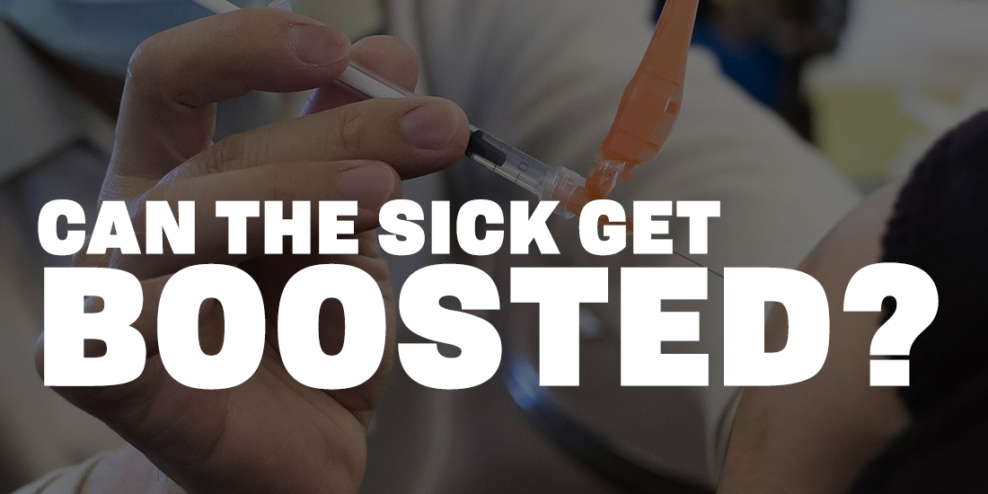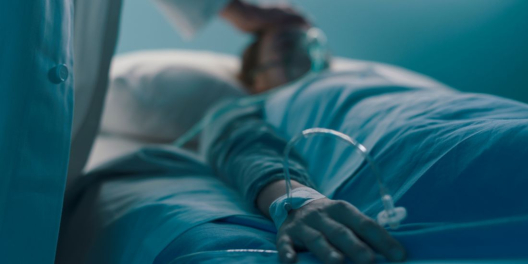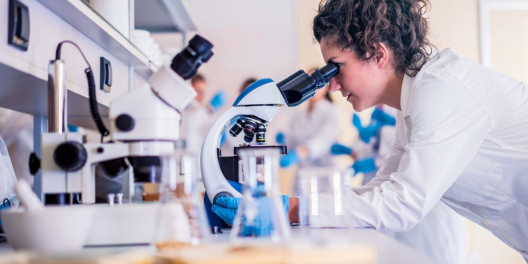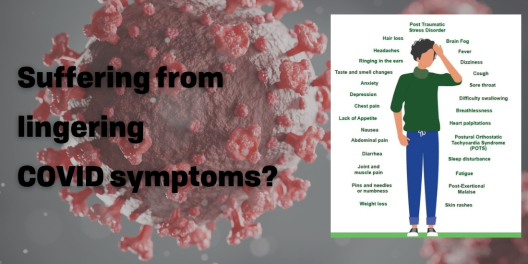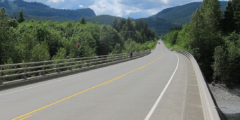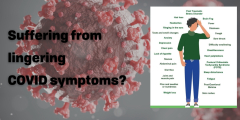Did you get tagged with Omicron? You aren’t the only one. Hundreds of thousands of folks across Canada have gotten sick these past few weeks.
Now that BC is rolling out its booster shots, you’re probably wondering when you should get yours. Or should you even get one?
Doctors don’t entirely agree on how long you should wait. But one thing is clear—don’t try to get one while you’re still sick.
When you’re sick, your immune system is focused on fighting that infection. So getting a shot is like setting another fire when one is already burning. Your body really needs to concentrate on the first one.
Your body also won’t learn what it needs to learn from the vaccine. Vaccines teach our immune systems to recognize viruses and destroy them. But if your body is trying to tackle the vaccine and the real thing, it’s got too much to do. It can’t learn or fight effectively.
So how long should you wait?
There’s no magic number, but you’ll want to wait days or weeks before getting that third jab.
Alyson Kelvin is a virologist and vaccine researcher at the University of Saskatchewan’s Vaccine and Infectious Disease Organization in Saskatoon. She says the best time to get a booster is when your immune system has calmed down.
She told CBC News, ”you want to wait till your symptoms clear up, and probably it’s beneficial to wait an extra month or a couple of weeks after your initial infection, as you’ll have more benefits of that boost.”
But if you’ve had Omicron, do you even need a booster?
Your body builds antibodies when it’s fighting an infection. But after a while, those antibodies can fade.
“People should still get a booster,” Dr. Lynora Saxinger told CBC News. She’s an infectious diseases specialist and associate professor at the University of Alberta in Edmonton.
Just don’t get it right away.
Dr. Jamie Scott is a molecular immunologist and professor emeritus at Simon Fraser University in Burnaby. He told CBC News it’s best to wait a few months even.
“It’ll have a stronger effect again because the memory cells will be much more fully developed and the antibody levels will be down.”
What do you do if you’re sick but you’re not sure it’s COVID?
It can be hard to get a test these days. But you should still try to get one.
And there’s no official advice from doctors. But it’s still good to follow the first point: don’t get the jab if you’re sick. Hang tight until your symptoms go away.
Don’t try to fight two fires at the same time.

